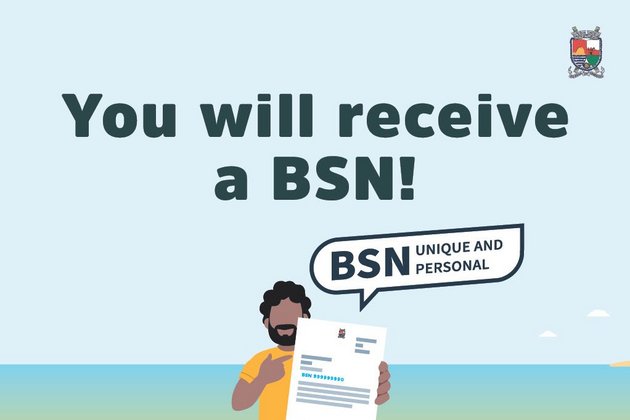“Everyone in the Netherlands is entitled to good government services. The implementation of the BSN is an important first step to improve the digital government services for residents of the BES islands. Only with a secure system for the identification of persons and a strong digital government can we ensure a future where everyone can easily, reliably, and securely deal with the government, both at the counters and online,” said State Secretary Zsolt Szabó.
Background and Purpose of the Law
The introduction of the BSN and digital government services for the Caribbean Netherlands is part of a broader effort by the Dutch government to ensure equal access to reliable and secure public services across the entire Kingdom. For years, residents of the BES islands have not had the same level of access to digital tools and secure identity systems that are standard in the European Netherlands. This law addresses those gaps and lays the foundation for modern, inclusive governance that works for everyone both on the islands and abroad.
What Will Change for Residents?
With this law in place, residents of Statia will soon be assigned a BSN — a unique personal number used throughout the Netherlands to securely access public services. This will allow residents to apply for a DigiD account, which is the digital key to important government services, including tax administration, healthcare registration, educational applications, and secure communication with public institutions. This development is especially relevant for students and professionals who need to manage affairs both locally and in the European Netherlands.
Step-by-Step
The introduction of the BSN and digital government services will take place in phases. First, BSNs will be issued and registered in the local civil registry. As technical systems are upgraded, more government organisations will begin using BSN and DigiD. All systems must meet the same strict security standards as those in the European Netherlands. In addition, the Executive Council of St. Eustatius will be required to carry out an annual self-assessment to monitor the safety and reliability of the island’s population registry.
To ensure a smooth transition, residents will receive clear and timely information about how the BSN works, what it can be used for, and how to access new online services. A dedicated communication campaign will follow.
Changes to Identity
As part of this legislative package, two key amendments were also adopted. The first mandates that government organisations use verified personal data from the local civil registry and report any inaccuracies to the Executive Council. The second amendment ensures that, in the near future, the BSN will be printed on the BES identity card (sédula), so that residents always have their number on hand.
What’s Next?
The law will now go to the Senate (Eerste Kamer) for final approval. If passed, the changes will become official, and residents of St. Eustatius are expected to receive their BSNs in 2025. The Statia Government welcomes this development as a milestone to building a more secure, accessible, and future-ready public service system for the island.
